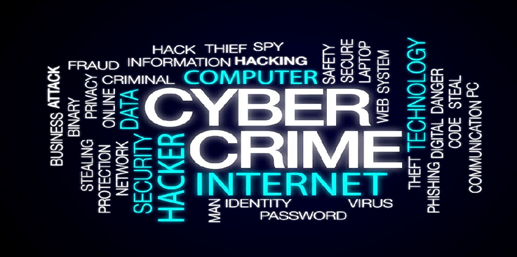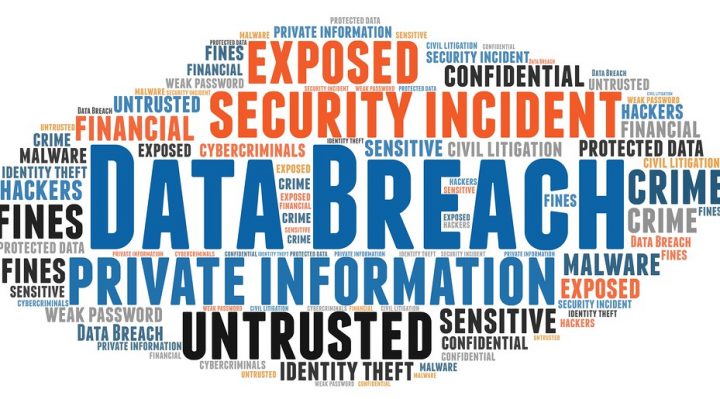Any unlawful or dishonest action through internet use or involving a PC as an instrument can be a cybercrime. Cybercrime is done by digital crooks who attempt to take advantage of broken programming. Making and selling broken and untested programming of a software system is a cybercrime.

With each passing year, we are seeing that cybercrime is increasing like spyware and malware. People are becoming more and more prone to attacks. As technology is getting advanced more and more types of crimes are getting invented. It has been observed that there is a spike in cases of cybercrime in the last five years. According to the National Crime Record Bureau(NCRB) around 12,317 cases of cybercrimes were recorded in 2016 and around 50,035 cases in 2020. Cybercrime is increasing with the increased use of Information and communication and technology(ICT). The main problem behind this is that capacity of the enforcement agencies to investigate cybercrime remains limited. There is a need to plug the infrastructure deficit that steps should be taken to set up a cyber infrastructure.
Here are 6 of the top cybercrimes affecting businesses and individuals:
- Phishing Scams.
- Spyware.
- Website Spoofing.
- Wannacry Ransomware.
- Malware.
- IoT Hacking.

What is the Impact of Cybercrimes?

- They significantly affect the general public as economical problems, conservative upset, mental problems, danger to National safety, and so forth.
- It can cause long-haul harm to an organization’s standing reputation and capacity to develop.
- Numerous small entrepreneurs find themselves unfit to safeguard their association, as they don’t have the essential assets to monitor their organization’s data and networks.
- Cyberattacks can prompt the deficiency of cash or the burglary of individual, monetary, and medical information, which can drag an individual to a stage down in his/her life
No procedural code
- At present, our country does not have any procedural code regarding cybercrimes. Laying down standard and uniform procedures to deal with electronic evidence is essential.
- Broad guidelines for the identification, collection acquisition, and preservation of digital evidence are given in the Indian Standard IS/ISO/IEC 27037: 2012, issued by the Bureau of Indian Standards(BIS).
- The higher judiciary has given some guidelines, if those are followed then it may ensure electronic evidence is neither tampered with nor subject to spoliation during the investigation.
Solutions
- Setting up a separate cyber police station in each district.
- The staff of investigating agency must be Technically qualified even in every police station also.
- IT Act, 2000: Offence registered under the Act, investigated by a police officer, not below the rank of an inspector.
- Government must upgrade cyber Labs with the advent of new technologies.
- GOI is going to launch a digital rupee soon that may also invite criminals to do several crimes in order to hack the data related to money so government should also prepare for that.
- There is a huge need for our society to get ready to overcome such crimes because the whole world is converting into a global village, in such cases not only data protection but protecting our whole software and system is the most prior thing to be done.



